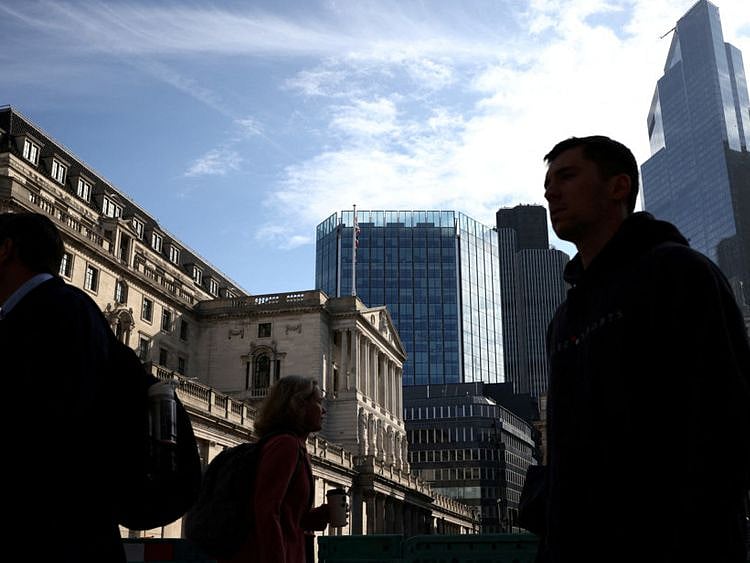IMF says UK economy will grow faster than Germany this year
Falling energy prices will also help Britain expand 0.4% this year

London: The UK economy will grow faster than Germany this year and avoid a recession, the International Monetary Fund said, after sharply upgrading its forecast on the back of strong household spending and better relations with the European Union.
Falling energy prices will also help Britain expand 0.4 per cent this year, the IMF said on Tuesday in its regular health check on the UK economy. That’s up from the 0.3 per cent contraction the fund projected just last month, and which will lift the UK off the bottom of the G-7 league table.
However, the global economic watchdog warned households that interest rates may need to rise further and stay high to ensure inflation is dealt with properly.
Also Read
Gulf economies’ real GDP growth could drop to 2.9% in 2023: IMFIMF says China, India to drive about half of 2023 global growthG7 urges China to press Russia to end war in UkraineECB and BOE should tread carefully with rate hikes, IMF saysThe prospect of faster growth will raise hopes in Prime Minister Rishi Sunak’s government that it can head into an expected general election next year offering tax cuts. The ruling Conservatives trail Labour by a double-digit margin in the polls as the country grapples with soaring inflation, weak growth, public sector strikes and rising taxes.
Sunak is trying to restore the government’s reputation for economic competence after the disaster of former premier Liz Truss’s economic plans last year, which sank the pound and roiled the bond markets.
In its regular Article IV report on the British economy, the IMF said its upgrade reflected better wage growth and “improved confidence amid somewhat reduced post-Brexit uncertainty.” But it also said households should brace for a tough second half of the year when the “peak impact” of higher borrowing costs will be felt.
Sign up for the Daily Briefing
Get the latest news and updates straight to your inbox
Network Links
GN StoreDownload our app
© Al Nisr Publishing LLC 2025. All rights reserved.